With new technologies revolutionizing data collection, wildlife researchers are becoming increasingly able to collect data at much higher volumes than ever before. Now we are facing the challenges of putting this information to use, bringing the science of big data into the conservation arena. With the help of machine learning tools, this area holds immense potential for conservation practices. The applications range from online trafficking alerts to species-specific early warning systems to efficient movement and biodiversity monitoring and beyond.
However, the process of building effective machine learning tools depends upon large amounts of standardized training data, and conservationists currently lack an established system for standardization. How to best develop such a system and incentivize data sharing are questions at the forefront of this work. There are currently multiple AI-based conservation initiatives, including Wildlife Insights and WildBook, that are pioneering applications on this front.
This group is the perfect place to ask all your AI-related questions, no matter your skill level or previous familiarity! You'll find resources, meet other members with similar questions and experts who can answer them, and engage in exciting collaborative opportunities together.
Just getting started with AI in conservation? Check out our introduction tutorial, How Do I Train My First Machine Learning Model? with Daniel Situnayake, and our Virtual Meetup on Big Data. If you're coming from the more technical side of AI/ML, Sara Beery runs an AI for Conservation slack channel that might be of interest. Message her for an invite.
Header Image: Dr Claire Burke / @CBurkeSci

Explore the Basics: AI
Understanding the possibilities for incorporating new technology into your work can feel overwhelming. With so many tools available, so many resources to keep up with, and so many innovative projects happening around the world and in our community, it's easy to lose sight of how and why these new technologies matter, and how they can be practically applied to your projects.
Machine learning has huge potential in conservation tech, and its applications are growing every day! But the tradeoff of that potential is a big learning curve - or so it seems to those starting out with this powerful tool!
To help you explore the potential of AI (and prepare for some of our upcoming AI-themed events!), we've compiled simple, key resources, conversations, and videos to highlight the possibilities:
Three Resources for Beginners:
- Everything I know about Machine Learning and Camera Traps, Dan Morris | Resource library, camera traps, machine learning
- Using Computer Vision to Protect Endangered Species, Kasim Rafiq | Machine learning, data analysis, big cats
- Resource: WildID | WildID
Three Forum Threads for Beginners:
- I made an open-source tool to help you sort camera trap images | Petar Gyurov, Camera Traps
- Batch / Automated Cloud Processing | Chris Nicolas, Acoustic Monitoring
- Looking for help with camera trapping for Jaguars: Software for species ID and database building | Carmina Gutierrez, AI for Conservation
Three Tutorials for Beginners:
- How do I get started using machine learning for my camera traps? | Sara Beery, Tech Tutors
- How do I train my first machine learning model? | Daniel Situnayake, Tech Tutors
- Big Data in Conservation | Dave Thau, Dan Morris, Sarah Davidson, Virtual Meetups
Want to know more about AI, or have your specific machine learning questions answered by experts in the WILDLABS community? Make sure you join the conversation in our AI for Conservation group!
University of Florida (UF)
- 0 Resources
- 1 Discussions
- 4 Groups
- 0 Resources
- 0 Discussions
- 3 Groups
- @Valluc
- | he/him
- 0 Resources
- 0 Discussions
- 4 Groups
- @alekseisaunders
- | He/Him/His
Wildlife conservationist, ichthyologist, now pursuing a career in Software Engineering and Web Development

- 0 Resources
- 1 Discussions
- 4 Groups
- @Robincrocs
- | He/Him//El//Ele
Wildlife biologist, works with Caimans and Crocodiles
- 0 Resources
- 0 Discussions
- 15 Groups
PhD student at the University of Wuerzburg, working on the influence of climate change on animal migration, especially the Northern Bald Ibis.
- 1 Resources
- 0 Discussions
- 6 Groups
- @StephODonnell
- | She / Her



- 193 Resources
- 676 Discussions
- 32 Groups
2023 Bachelor Degree Graduate from the College of African Wildlife Management, Mweka.

- 0 Resources
- 3 Discussions
- 14 Groups
- @Ednavarro
- | He/Him
- 0 Resources
- 0 Discussions
- 4 Groups

- 0 Resources
- 7 Discussions
- 7 Groups

- 0 Resources
- 7 Discussions
- 1 Groups
- @Rob_Appleby
- | He/him
Wild Spy
Whilst I love everything about WILDLABS and the conservation tech community I am mostly here for the badges!!

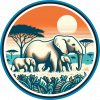

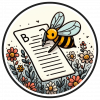
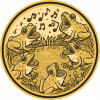
- 1 Resources
- 315 Discussions
- 11 Groups
Microbial fuel cells, developed by Plant-powered Camera Trap Challenge winners Plant-E, have been used successfully with Xnor.ai's energy harvesting camera technology to capture what are thought to be the world's first...
15 October 2019
In a first, UMass Amherst, Cornell use AI to mine big migration data on massive scale
9 October 2019
Rutgers University, Microsoft AI for Earth, Google Earth Outreach and San Diego Zoo Global are proud to announce the world’s first camera trap technology symposium, to take place November 7th and 8th at Google...
2 September 2019
Sharing failure, tech support for conservation, roaming mentors, conservation tech hype cycles and developing new road maps - participants in our tech workshops at ICCB 2019 shared an abundance of ideas for how to shape...
21 August 2019
In this case study, Cooper Oelrichs of Save Indonesian Endangered Species Fund (SIES) breaks down his proposal for the development and training of an automated rhino identification system from limited camera trap data.
27 July 2019
The WILDLABS TECH HUB is supporting technology solutions tackling the illegal wildlife trade, in collaboration with the Foreign & Commonwealth Office, Digital Catapult, Satellite Applications Catapult, Amazon Web...
4 June 2019
To further their missions, LDF and Microsoft are collaborating on the AI for Earth innovation grant to support applicants in creating and deploying open source machine learning models, algorithms, and data sets that...
4 June 2019
Traditionally, illegal wildlife trade thrived in physical markets. But today it has also moved online. In China, more than half of the trade in elephant ivory items happens on e-commerce platforms. Enrico Di Minin and...
31 May 2019
This webinar recording will provide a brief overview of current SMART functionality, highlight case studies of large scale and innovative SMART deployments, and detail how SMART is embracing and leveraging new...
21 May 2019
In February, we released an open call for the WILDLABS TECH HUB, offering 3 months of support for solutions using technolgy to tackle the illegal wildlife trade. We were overwhelmed by an incredible 37 submissions,...
13 May 2019
To realise the potential benefits of data for our societies and economies we need trustworthy data stewardship. We need to establish different approaches to deciding who should have access to data, for what purposes and...
15 April 2019
Happy World Wildlife Day! To celebrate, this week we've asked our community to share photos showing how they are using tech in the field or the lab, using the #Tech4Wildlife hashtag.
3 March 2019
June 2025
event
July 2025
October 2025
event
event
March 2025
event
February 2025
event
event
73 Products
Recently updated products
16 Products
Recently updated products
| Description | Activity | Replies | Groups | Updated |
|---|---|---|---|---|
| One thing I love about software is that in an ever-changing landscape of languages, frameworks, and tools, you can never stop learning.... |
|
Software Development, AI for Conservation | 6 months 1 week ago | |
| Hi Eugene!Interesting project!I already signed up to test it!Cheers,Lars |
|
AI for Conservation, Camera Traps | 6 months 2 weeks ago | |
| I am certainly a somewhat vertical thing with a lump on top, so I get it... |
|
AI for Conservation | 6 months 3 weeks ago | |
| Hi all! I wanted to open a discussion on a topic that I've been thinking about ever since I entered the job market-- how to get a... |
|
Software Development, AI for Conservation, Early Career, Open Source Solutions | 6 months 4 weeks ago | |
| That's great, thanks Lars! |
|
AI for Conservation | 6 months 4 weeks ago | |
| I did a short presentation on our work with the polar bear alarm in the Wildlabs Variety Hour October 30th.It can be found here : https://www.youtube.com/watch?v=zr2Q8bUJZ8U... |
|
Human-Wildlife Conflict, AI for Conservation | 7 months ago | |
| Comma.ai would be your best bet. Not sure if it's officially open source but was started by a noteable hacker with an open source ethos. Could try reaching out to them. |
|
AI for Conservation | 7 months ago | |
| For the record now that this is here:This error typically occurs when the wrong number of classes is given to timm.create_model. You should try to specify num_classes=30... |
|
Camera Traps, AI for Conservation | 7 months 1 week ago | |
| WildMon, Terra Genesis, The VF Foundation, Thaksin University, and the Wanakaset Symbiosis Network have teamed up on a new project in... |
|
Acoustics, AI for Conservation, Community Base | 7 months 1 week ago | |
| Do you use camera traps? If so, we'd love if you could take five minutes to fill out this survey: tinyurl.com/zambasurveyWith our WILDLABS... |
|
AI for Conservation, Camera Traps, Data management and processing tools, Software Development, Open Source Solutions | 7 months 2 weeks ago | |
| I'm not affiliated, I just happened across it... not sure who is actually leading it. |
|
Software Development, Early Career, AI for Conservation, Citizen Science, Climate Change, Conservation Tech Training and Education, Funding and Finance | 7 months 3 weeks ago | |
| Great and difficult question Lisa! I think, yes, we are adding to the problem. We have been already when ML was introduced as a solution to big data problems, and perhaps we have... |
|
AI for Conservation | 7 months 3 weeks ago |
PhD scholarship within environmental data science
3 February 2025 4:39pm
Webinar: Wildlife Drones’ Dragonfly – Revolutionizing VHF Tracking Technology
3 February 2025 4:31am
Automatic acoustic annotation (Deep Voice) - Looking for new projects and collaboration.
31 January 2025 4:28am
Software Developer - Key Conservation
28 January 2025 11:36pm
[deadline Jan 31] Climate Change AI workshop @ ICLR 2025 in Singapore
21 January 2025 6:33pm
BIOSPACE 2025
Nature Tech Unconference
Data science/analyst interested in volunteering for research or app development
17 January 2025 5:28am
Living Data 2025
16 January 2025 6:30pm
Looking for bird and bat audio datasets and related research for biodiversity AI project
8 January 2025 11:12am
15 January 2025 10:38pm
I have made a bird audio classifier for New Zealand birds. My dataset is the wrong region for you, but you're welcome to use any of my code. https://github.com/Wologman/Kaytoo The tool its self can be found here: https://drive.google.com/drive/folders/1X5j77w7qw9ExdnA2P7-RM-2FwgJcFjR0
Regards,
Olly
16 January 2025 9:38am
Hey, please find here a dataset about nocturnal bird calls in Europe
[2412.03633] NBM: an Open Dataset for the Acoustic Monitoring of Nocturnal Migratory Birds in Europe
Abstract page for arXiv paper 2412.03633: NBM: an Open Dataset for the Acoustic Monitoring of Nocturnal Migratory Birds in Europe
ICLR 2025
15 January 2025 4:58pm
Senior Firmware & Systems Engineer
15 January 2025 4:56pm
Postdoc on camera trapping, remote sensing, and AI for wildlife studies
15 January 2025 4:53pm
Thesis Collaboration
4 January 2025 5:15pm
7 January 2025 12:32pm
Hi Simon,
Did you already contact INBO? Both biologging and citizen science are big themes at INBO. Last year we had a master thesis on camera trapping invasive muntjac. You can send me a private message for more info!
14 January 2025 3:30pm
Hi Simon,
We're a biologging start-up based in Antwerp and are definitely open to collaborate if you're interested. We've got some programs going on with local zoo's. Feel free to send me a DM if you'd like to know more.
15 January 2025 8:30am
Hi Simon,
We (Reneco International Wildlife Consultants) have an ongoing collaboration with a local University (Abu Dhabi, UAE) for developing AI tools (cameratrap/drone images and video analyses) and biomimetic robots applied to conservation (e.g https://www.sciencedirect.com/science/article/pii/S1574954124004813 ). We also have a genetic team working on eDNA. Field experience could be possible, in UAE or Morocco.
Feel free to write me back if you may be interested and would like to know more
State of the art thermal imaging core and the zoo
28 October 2024 6:12pm
12 January 2025 9:04pm
I would also be interested - looking at starting a project that need observation of large african animals with nocturnal habits... Holy grail with unlimited funding would be a grid of 100's of cameras :-)
13 January 2025 9:15am
I love those numbers 😀 indeed a holy grail. I’ll send you a private mail.
13 January 2025 9:23am
@HeinrichS there’s still time for you or anyone else to make a funding submission to the wildlabs 2025 grants ❤️❤️❤️
I haven't applied for wildlabs funding, but I would love for others to apply that want to use my systems. My preference goes to those who want to use the most units :-)
Webinar: Drone-based VHF tracking for Wildlife Research and Management
9 January 2025 11:45pm
Which LLMs are most valuable for coding/debugging?
25 September 2024 5:48pm
4 October 2024 7:53pm
Thanks, Lampros!
29 October 2024 11:10am
When it comes to coding and debugging, several large language models (LLMs) stand out for their value. Here are a few of the most valuable LLMs for these tasks:
1. OpenAI's Codex: This model is specifically trained for programming tasks, making it excellent for generating code snippets, suggesting improvements, and even debugging existing code. It powers tools like GitHub Copilot, which developers find immensely helpful.
2. Google's PaLM: Known for its versatility, PaLM excels in understanding complex queries, making it suitable for coding-related tasks as well. Its ability to generate and refine code snippets is particularly useful for developers.
3. Meta's LLaMA: This model is designed to be adaptable and can be fine-tuned for specific coding tasks. Its open-source nature allows developers to customize it according to their needs, making it a flexible option for coding and debugging.
4. Mistral: Another emerging model that shows promise in various tasks, including programming. It’s being recognized for its capabilities in generating and understanding code.
These LLMs are gaining traction not just for their coding capabilities but also for their potential to streamline the debugging process, saving developers time and effort. If you want to dive deeper into the features and strengths of these models, you can check out the full article here: Best Open Source Large Language Models LLMs
9 January 2025 8:51pm
thanks kristy! super helpful list.
Conservation International - AI Innovation Manager
7 January 2025 6:26pm
What the mice get up to at night
6 January 2025 8:06am
7 January 2025 1:09pm
And I see now they can walk vertically up walls like Spider-Man.
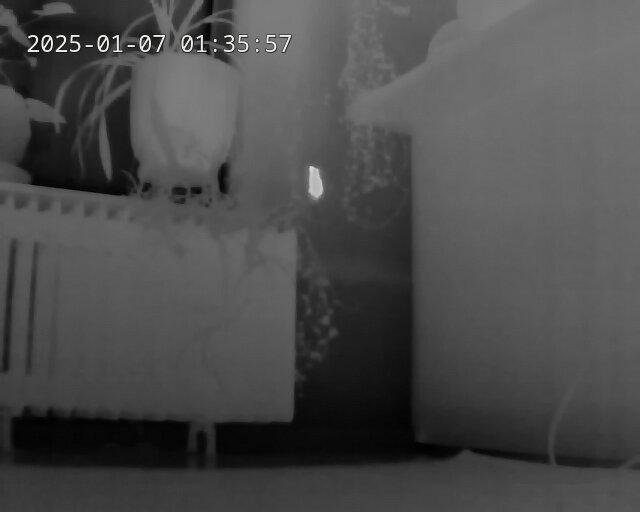
PhD Scholarship - Urban Kākā Ecology and Conservation
6 January 2025 4:24pm
PhD Scholarship - Recognising Taonga with AI: Facial Recognition for Kākā Conservation Management
6 January 2025 4:22pm
DeepForest Code Walkthrough - Airborne Machine Learning for Biodiversity Monitoring
6 January 2025 3:24pm
Ai for soil nutrient analysis
24 December 2024 6:42pm
30 December 2024 3:46pm
We'd love to see this added to The Inventory, our wiki-style databse of conservation tech tools, R&D projects, and organizations! Check out the user guide to learn more about how to add a page for your app. Give a shout with any questions!
5 January 2025 1:10am
Thank you for the comments. The app is not made available on the app or google store yet. It is applicable on android systems and does not need a high level skill to operate however one would need to be taught how to use the app and make meaning of the data.
5 January 2025 1:17am
New PhD - Drones, seaweeds & climate change
30 December 2024 11:33am
Pytorch Wildlife v5 detection in thermal
28 December 2024 10:35am
29 December 2024 8:08pm
I added plain old motion detection because megadetector v5 was not working well with the smaller rat images and in thermal.
This works really well:

Also, I can see really easily where the rat comes into the shed, see this series: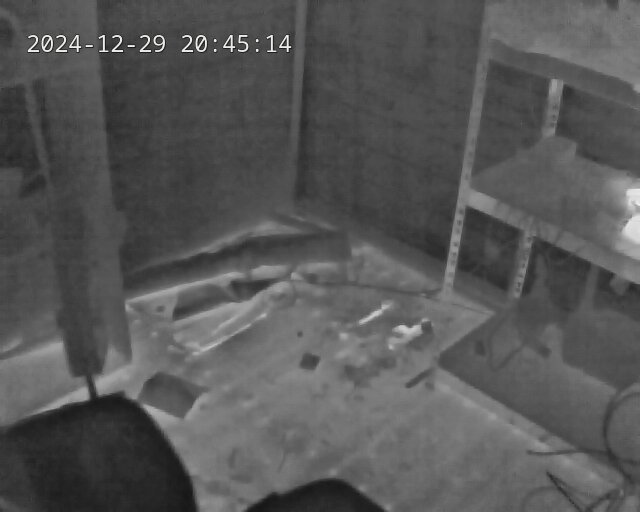
Just visible

Clearly visible.

So now I have a way to build up a create thermal dataset for training :-)
Announcement of Project SPARROW
18 December 2024 8:01pm
3 January 2025 6:48pm
Horizon scan of AI in nature conservation
18 December 2024 4:42pm
13 January 2025 12:56pm
13 January 2025 1:30pm
Postdoc on camera trapping, remote sensing, and AI for wildlife studies
18 December 2024 2:14pm







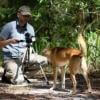
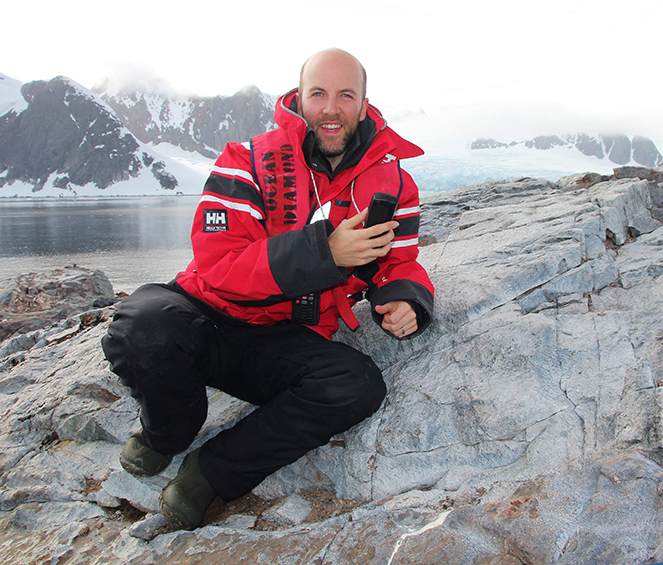




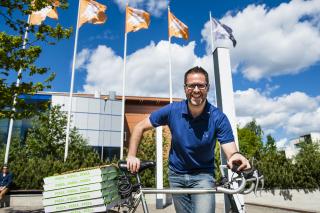

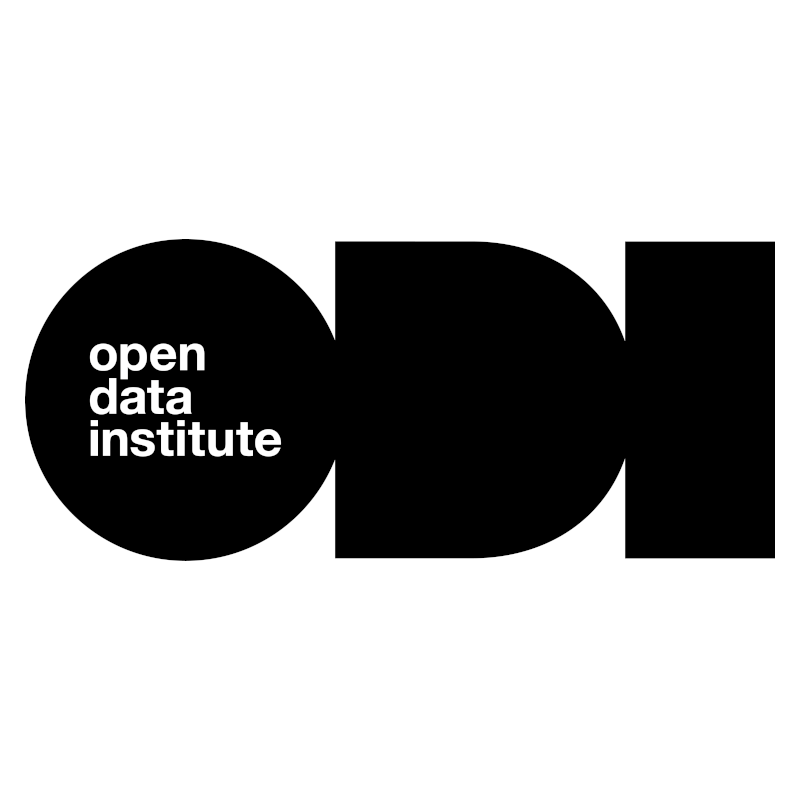
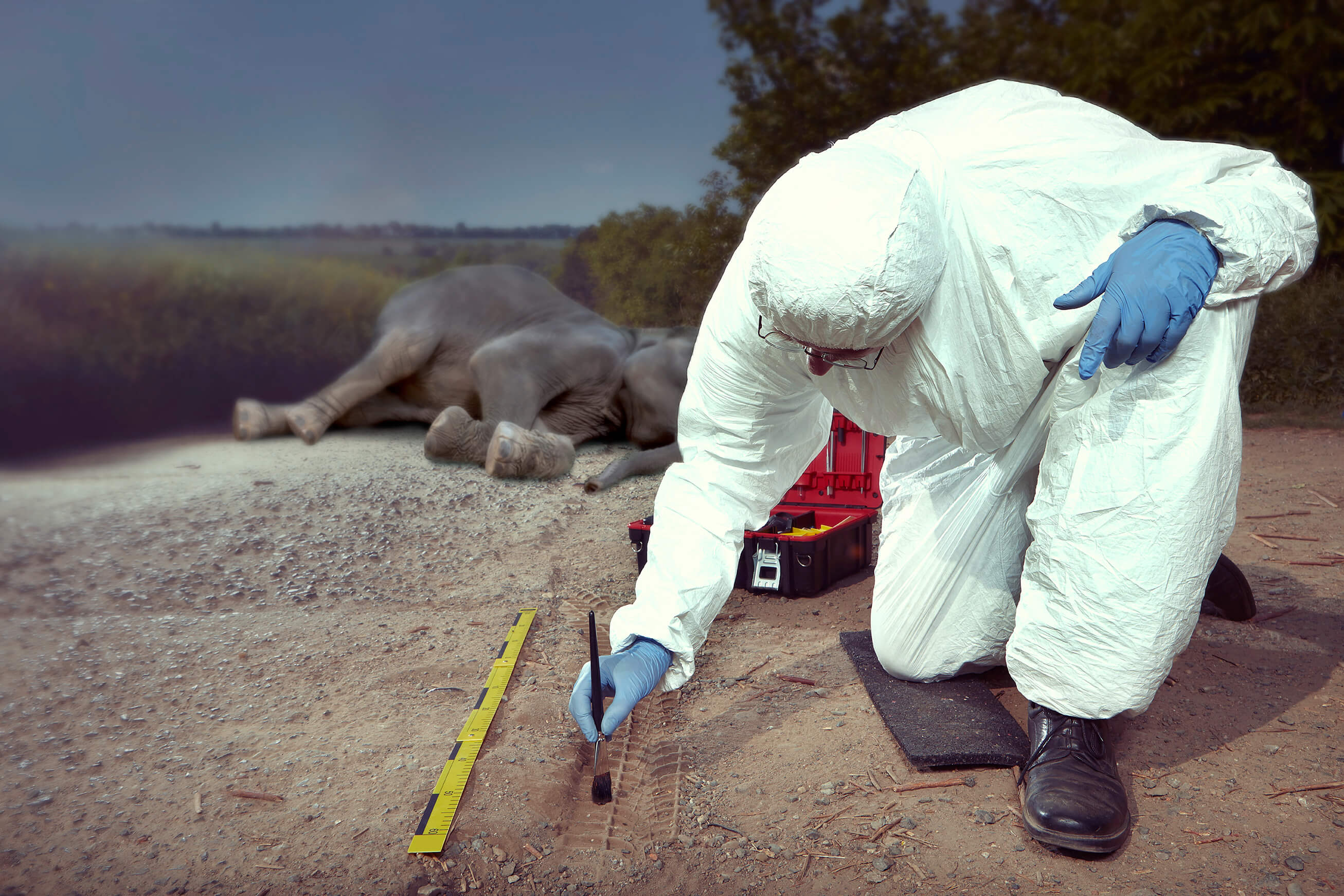


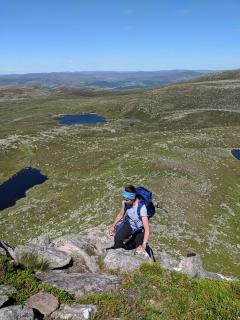












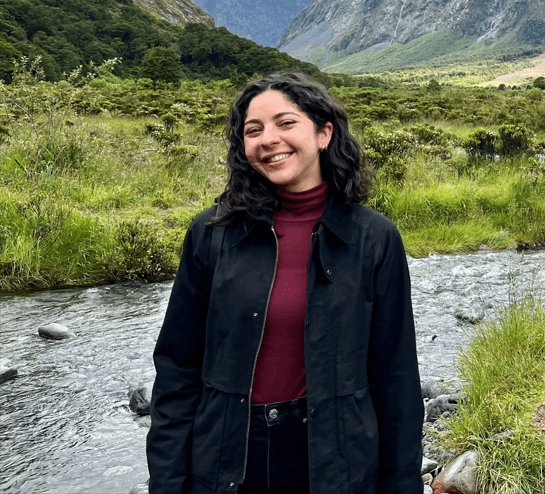
















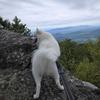



13 January 2025 5:28pm
Thank you very much!